
Jul 8, 2025 • 8 min read
Prepare for the adventure of a lifetime in ancient, wild South Dakota with our guide for first-time visitors.

Jul 8, 2025 • 8 min read
Prepare for the adventure of a lifetime in ancient, wild South Dakota with our guide for first-time visitors.

Jul 8, 2025 • 6 min read
The magic of Buenos Aires lasts all year long, with festivals and cultural events filling the calendar practically every month.

Jul 8, 2025 • 7 min read
To really understand a place, just walk through one of its grocery stores or markets.
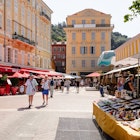
Jul 8, 2025 • 7 min read
Shopping at a supermarket overseas can be a little daunting if you're new to the culture. Here's how to get the most out of a market in France.

Jul 8, 2025 • 5 min read
From dance clubs to intimate jazz bars, Miami's nightlife is epic. Here, our guide on where to go when the sun sets on the Magic City.

Jul 8, 2025 • 6 min read
Savannah is a beautiful historic city full of neighborhoods with their own distinct charms. Here's how to pick the perfect one for you.
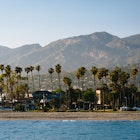
Jul 8, 2025 • 7 min read
From cultural musts to culinary delights, these are the quintessential Santa Barbara experiences to pin to the top of your itinerary.
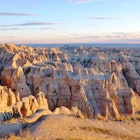
Jul 8, 2025 • 7 min read
Wander through a prehistoric wonderland of colorful rock formations, fossils and prairies in Badlands National Park in South Dakota.
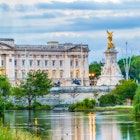
Jul 8, 2025 • 12 min read
The palatial properties occupied by the British royal family draw visitors to London in droves. Here's how to explore London's royal palaces.
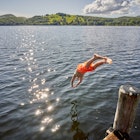
Jul 8, 2025 • 13 min read
With its lakes, fells and castles, northern England is sublimely beautiful. Here are the best things to do in and around Windermere and the Lake District.

Jul 8, 2025 • 12 min read
Sonoma County is home to 19 distinct wine regions and many different valleys. Here's what you need to know.
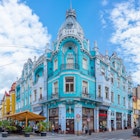
Jul 8, 2025 • 7 min read
Discover the cultural and geographic diversity of Romania at places of tremendous natural beauty and riveting history.
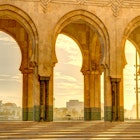
Jul 8, 2025 • 7 min read
Casablanca buzzes with ambitious growth – plan your first visit to Morocco's largest city with this guide to the climate, attractions and costs.
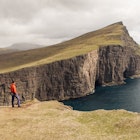
Jul 8, 2025 • 13 min read
Get away from the crowds in Europe at these places recommended by our team of travel writers.
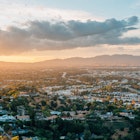
Jul 8, 2025 • 7 min read
Whether you want sun and sand, old-Hollywood glam or a beautiful Beaux-Art building, we'll help you find the LA neighborhood for your visit.

Jul 8, 2025 • 8 min read
Traveling to Los Angeles can be slightly overwhelming for the uninitiated. Here's what you need to know before you come.

Jul 7, 2025 • 4 min read
Beyond Atlanta's dynamic Downtown, here are the top neighborhoods to explore to when you visit “The A.”
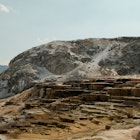
Jul 7, 2025 • 5 min read
Every season brings its own unique pros and cons at Yellowstone National Park. Here's how to choose the right time for your visit.

Jul 7, 2025 • 4 min read
Guy Fieri is not only a culinary personality; he’s also a savvy traveler who lives to explore cultures through cuisine.

Jul 7, 2025 • 5 min read
The laid-back city of Chiang Mai in Northern Thailand is a blend of ancient temples, vibrant street food and natural wonders
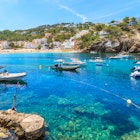
Jul 7, 2025 • 8 min read
Ibiza is one of the most popular, more lively islands in the Mediterranean. Away from the superclubs, there's a quieter side of the island to explore.

Jul 7, 2025 • 6 min read
In the heart of the American Midwest, Kansas City has become a culinary hot spot. These are all the dishes and drinks you need to try when you’re there.